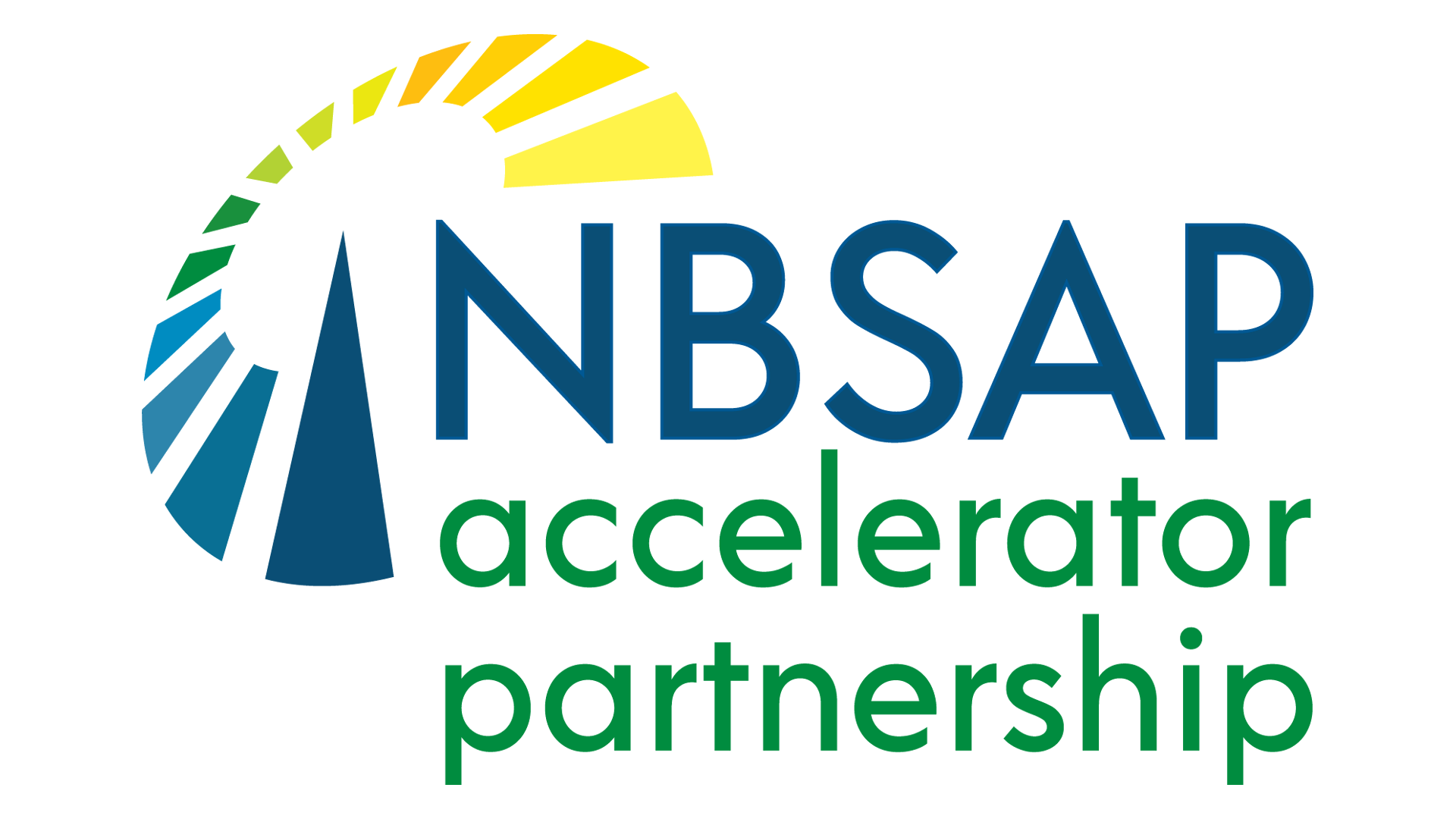NBSAP Accelerator Partnership Partnership for the implementation of national biodiversity strategies
The Global Biodiversity Framework is hoped to reverse trends regarding the conservation of humanity's vital natural resources. All parties to the Convention on Biological Diversity (CBD) need to update their national biodiversity strategies and action plans (NBSAPs) in order to achieve these ambitious global biodiversity goals. In this context, developing countries and emerging economies are calling for comprehensive support in order to be able to establish the necessary human resources and institutional prerequisites.
Co-chaired by Colombia and Germany, the NBSAP Accelerator Partnership is giving partner countries access to financial and technical assistance, thus fostering cooperation and exchange between countries. The Partnership is being supported by the United Nations Environment Programme and the United Nations Development Programme and by the CBD Secretariat.
German activities
The BMZ is contributing to the NBSAP Accelerator Partnership through a GIZ programme (External link) that is being cofinanced by Norway. Support is being provided to selected partner countries like Brazil, Namibia and Indonesia so they can implement their biodiversity strategies and action plans and integrate them in other national policy processes so that biodiversity conservation becomes a multi-sector task that is backed by all of society.
Support is also being provided to the exchange of knowledge and experience between countries in order to foster mutual learning. Special attention is being given to ensuring that Indigenous Peoples and local communities can participate in designing strategies and action plans on an equal footing.
As at: 31/07/2024
